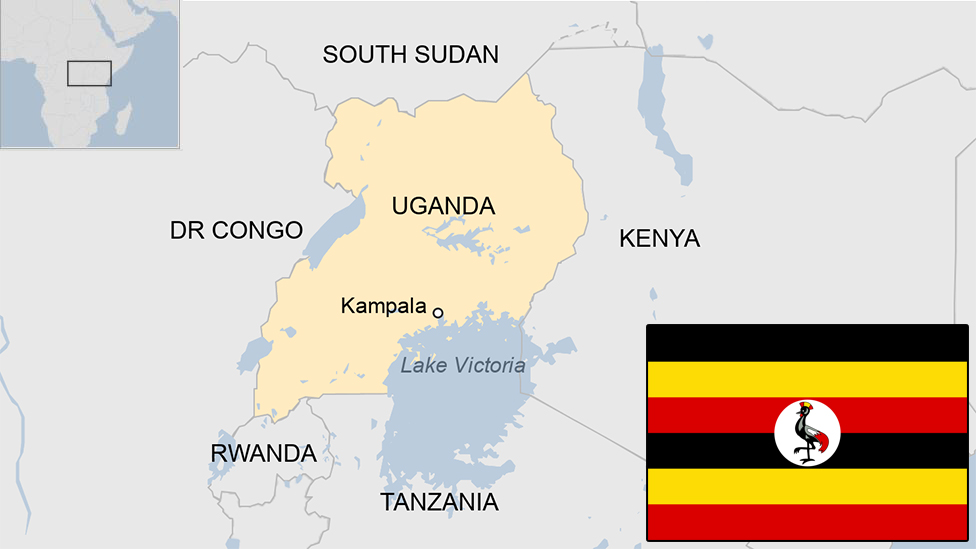
Ugandan National Assembly Bill Attempts to Regulate Virtual Assets.
Among the objectives of the bill is to transfer power of registration of prospectuses to the CMA, including provisions for virtual and digital assets as well as tokenisation and regulatory sandboxes.
If a private member bill that seeks to give Uganda’s Capital Markets Authority the authority to regulate virtual assets is successful, the nation may soon be among the newest to have such a rule in place.
According to reports, Honourable Igeme Nathan S. Nabeta, the National Resistance Movement (NRM) Party Chairman for Jinja District, is introducing the Capital Markets Authority (amendment) bill 2023.
The bill’s goals include giving the CMA authority to register prospectuses and include measures for tokenization, regulatory sandboxes, and virtual and digital assets.
The Bank of Uganda has assumed a leading position in recent years when it comes to the situation with virtual assets and cryptocurrencies in the nation.
Since 2019, the bank has maintained its stance that cryptocurrencies are still illegal in the nation. The bank has issued warnings to payment service providers, particularly mobile money operators, advising them not to support cryptocurrency transactions.
The government of Uganda informed Ugandans in 2019 that because cryptocurrencies are not backed by assets or assurances from the government, holders of them run the risk of losing all of their money or seeing their value decline because their issuers are not required to convert them into fiat money or other forms of value.
The Bank of Uganda (BoU) stated in June 2022 that it is open to the idea of include cryptocurrency businesses in its regulatory sandbox.
The Financial Intelligence Authority of Uganda (FIA Uganda) had asked the Ministry of Finance to develop a framework to help regulate cryptocurrency operations in the country, so stakeholders and enthusiasts broadly applaud the private member’s bill to regulate virtual assets as a positive step.
This request was made in response to the country’s numerous cryptocurrency operators’ failure to comply with a call to register their businesses that was made in late 2020.
The measure is still in the early stages of publishing for the national assembly’s first reading.

